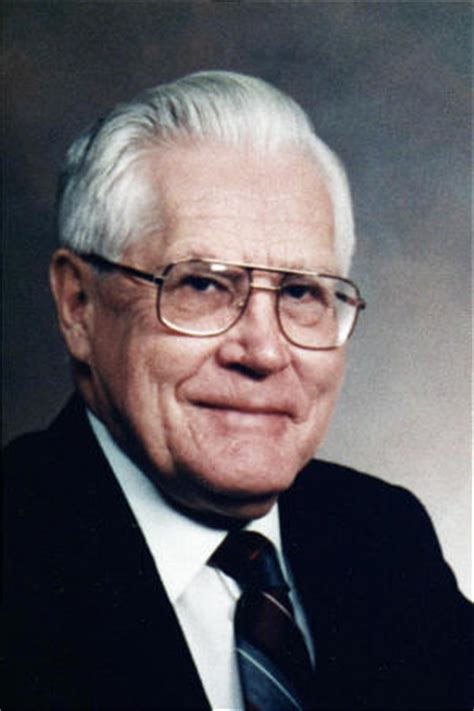A Quote by Henry David Thoreau
We sometimes meet uncivil men, children of Amazons, who dwell by mountain paths, and are said to be inhospitable to strangers; whose salutation is as rude as the grasp of their brawny hands, and who deal with men as unceremoniously as they are wont to deal with the elements. They need only extend their clearings, and let in more sunlight, to seek out the southern slopes of the hills, from which they may look down on the civil plain or ocean, and temper their diet duly with the cereal fruits, consuming less wild meat and acorns, to become like the inhabitants of cities.
Quote Topics
Acorns
Become
Cereal
Children
Cities
Civil
Consuming
Deal
Diet
Down
Dwell
Elements
Extend
Fruits
Grasp
Hands
Hills
Inhabitants
Less
Like
Look
May
Meat
Meet
Men
More
Mountain
Need
Ocean
Only
Out
Paths
Plain
Rude
Said
Salutation
Seek
Slopes
Sometimes
Southern
Strangers
Sunlight
Temper
Which
Whose
Wild
Related Quotes
We have to deal with issues like inequality, we have deal with issues of economic dislocation, we have to deal with peoples fears that their children won't do as well as they have. The more aggressively and effectively we deal with those issues, the less those fears may channel themselves into counter-productive approaches that pit people against each other.
But in a crunch, when all our asses are in the sling, it looks like it is easier to deal with the samenesses. When we deal with sameness only, we develop weapons that we use against each other when the differences become apparent. And we wipe each other out - Black men and women can wipe each other out - far more effectively than outsiders do.
I think that the heroism which at this day would make on us the impression of Epaminondas and Phocion must be that of a domestic conqueror. He who shall bravely and gracefully subdue this Gorgon of Convention and Fashion, and show men how to lead a clean, handsome and heroic life amid the beggarly elements of our cities and villages; whoso shall teach me how to eat my meat and take my repose and deal with men, without any shame following, will restore the life of man to splendor, and make his own name dear to all history.
The deeper purpose of a more positive attitude toward men is a better life for the children who are parented by the men who are their dads and stepdads; less shame for our sons who will become men; and, for our daughters, a deeper understanding of men's desire to please that leaves them feeling their willingness to please is not unrequited but returned - allowing our daughters to feel less lonely and more loved. If we earn more and love less, we pay for a home in which we do not live.
True generosity consists precisely in fighting to destroy the causes which nourish false charity. False charity constrains the fearful and subdued, the "rejects of life," to extend their trembling hands. True generosity lies in striving so that these hands--whether of individuals or entire peoples--need be extended less and less in supplication, so that more and more they become human hands which work and, working, transform the world.
Americans are right to believe the American Dream is fading. But that dream only became a possibility for white men as a result of the labor struggles and reforms of the New Deal, and it began to extend to minorities and women only after the civil rights and women's movements of the 1960s and 1970s.
We know that the gifts which men have do not come from the schools. If a man is a plain, literal, factual man, you can make a great deal more of him in his own line by education than without education, just as you can make a great deal more of a potato if you cultivate it than if you do not; but no cultivation in this world will ever make an apple out of a potato.
In cities men cannot be prevented from concerting together, and from awakening a mutual excitement which prompts sudden and passionate resolutions. Cities may be looked upon as large assemblies, of which all the inhabitants are members; their populace exercises a prodigious influence upon the magistrates, and frequently executes its own wishes without their intervention.
Behold, I have reached the peak of the mountain and my spirit has taken flight in the heavens of freedom and liberation. I have gone far, far away, O children of my mother; the hills beyond the mists are now hidden from my view, the last traces of the valleys have been flooded by the ocean of serenity, and the paths and trails have been erased by the hand of oblivion. The roar of ocean waves has faded. I no longer hear anything but the anthem of eternity, which harmonizes with the spirit.
The course of a great statesman resembles that of navigable rivers, avoiding immovable obstacles with noble bends of concession, seeking the broad levels of opinion on which men soonest settle and longest dwell, following and marking the almost imperceptible slopes of national tendency, yet always aiming at direct advances, always recruited from sources nearer heaven, and sometimes bursting open paths of progress and fruitful human commerce through what seem the eternal barriers of both.
I don't think that all girls seek the influence of older men, but I think girls whose fathers are absent or recessed from their lives often do. And honestly, when I was growing up, fathers were generally pretty absent from their children's lives. We didn't see a lot of them. That may be something that has genuinely changed for the better in our culture: men are more present for their children now that more women are working.



































